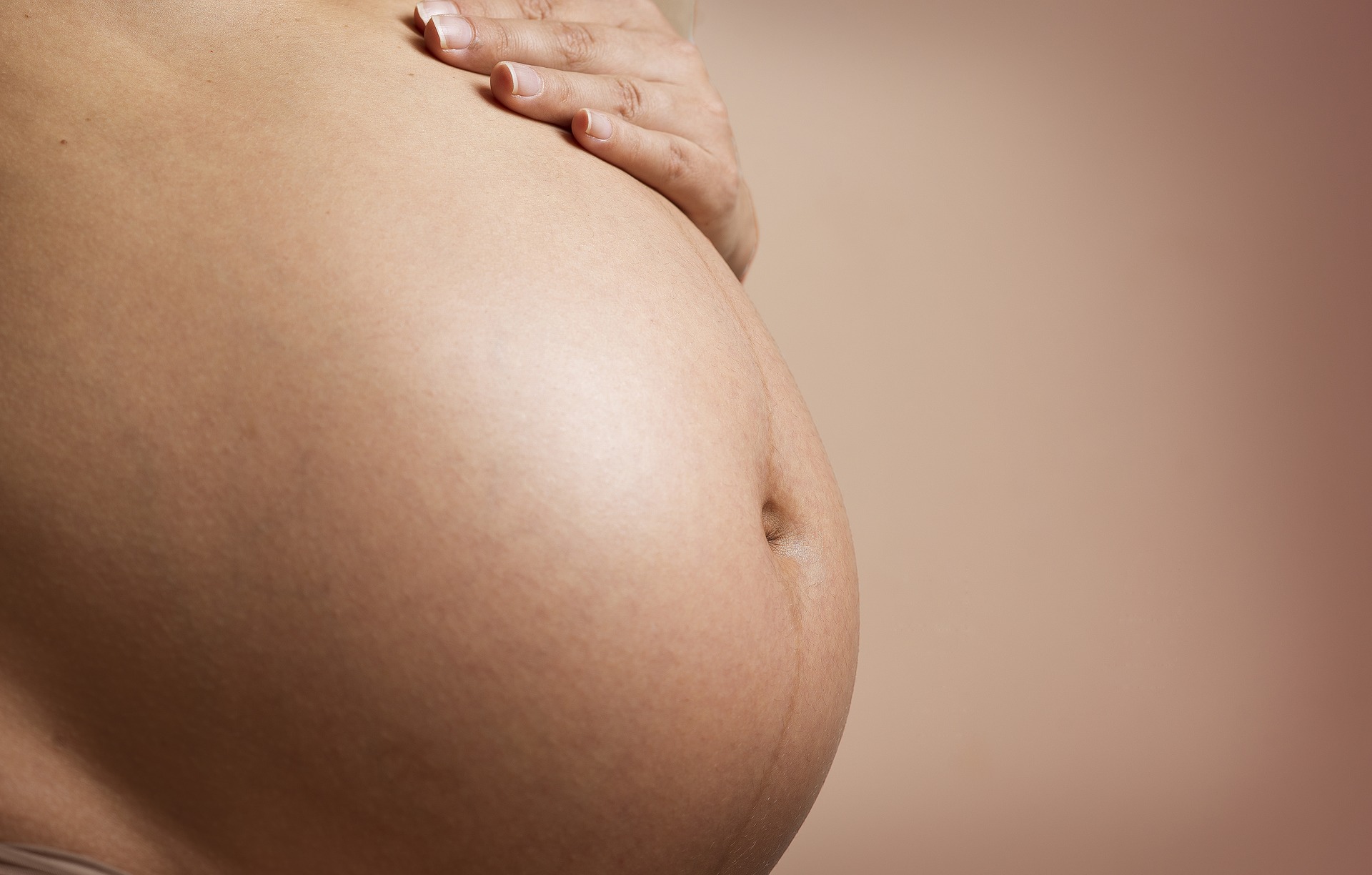
When you’re trying to get pregnant, you need a plan. The luckiest couples can conceive quickly when they decide to start trying, but many find they have a longer wait in store. Even if you don’t have any health issues that might be challenges for your fertility, it can be anxious wait and months of trying before you’re able to celebrate getting pregnant.
Today, we’re taking a look at ways you can build a pregnancy plan to help you get pregnant when you want to.
Talking to Doctors
When you decide to have children, the first thing you need to do is make an appointment with your doctor. This will normally start with your GP, and may end there too, but in some areas specialist fertility doctors will be available for consultation at this stage.
Your doctor can make sure you’re in good shape, and give you some advice about the best ways you can get pregnant, as well as identifying any common fertility issues that may have been flying below the radar until now.
Diet and Lifestyle
Some of the things your doctor will talk to you about are diet and lifestyle changes, and it’s worth building these into your plan as early as possible – if you’re even thinking about starting a family in the next few years.
Cutting down on drinking and quitting smoking altogether are two of the most important things you can do if you’re planning to have children. These habits adversely affect fertility for men and women, and take about three months to clear from your system. That means if you want to benefit, you’ll need to quit a full quarter of a year ahead of when you want to start trying to conceive!
You can also change your diet. Including more green vegetables boosts your levels of B-vitamins, which are vital for regulating your menstrual cycle and ovulation, as well as the electrolytes that help to regulate your hormones.
Tracking Ovulation
One of the simplest, but most important things you can do is track your menstrual cycle and identify when you ovulate each month. You can only get pregnant when you try in the ‘fertile window’ defined by your ovulation, so if you don’t know when this is, you’re dramatically lowering your chances of conception.
Using an ovulation monitor to tell you when you’re ovulating, and predict your next ovulation date is even more important for people with irregular menstrual cycles, PCOS or other fertility conditions: when you ovulate less frequently, each event is all the more important!